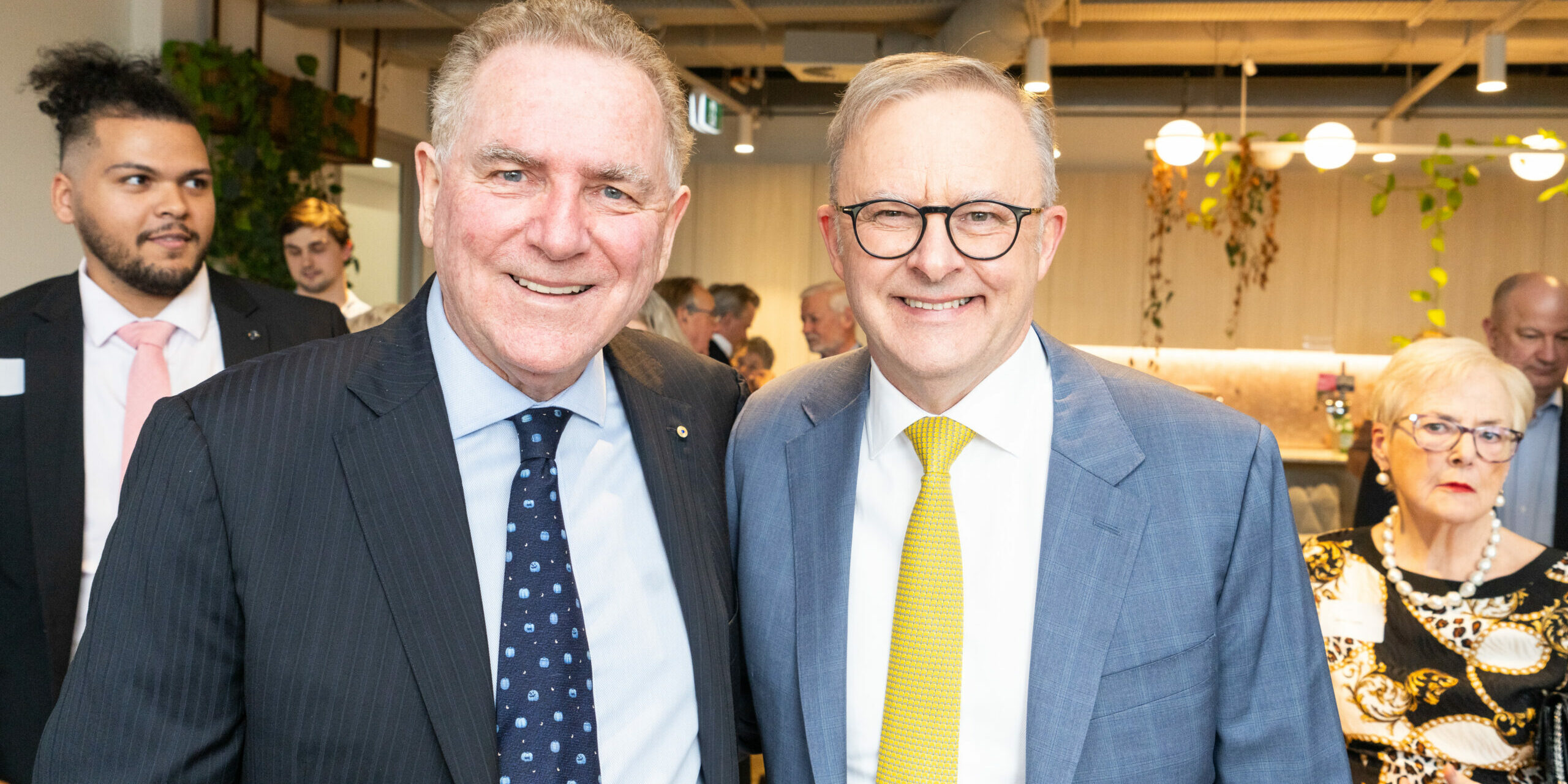



Photos taken from the launch
The Prime Minister’s remarks: Launch of ‘In Search of John Christian Watson, Labor’s First Prime Minister’ by Michael Easson | Prime Minister of Australia (pm.gov.au)
Video of the Launch:
Postscript
I intended to say the words below. But Albo was so comprehensive and good in what he said, as the video highlights, I cut my remarks to the bone.
How refreshing that the person launching the book had clearly read it!
How did this book ‘happen’? I blame Mary. She put me on a cruise ship from Barcelona to Fremantle last October. I wasn’t getting off in Egypt, given events earlier that month.
There is a limit to the number of times you can be bothered walking around the deck. Every four days, on average, we would arrive in a new port. We agreed we would stroll each day and dine together, and I could look up digitised newspapers in the on-board ship’s library, which had excellent internet connectivity. How relaxing.
Watson would be a person worth discovering and understanding. The autodicat who made the Australian Labor Party, the first Labor Prime Minister in Australia in 1904, the first in the world, who later helped make the NRMA, Ampol, and much else besides.
Watson is interesting. From birth in Valparaiso, Chile, to a hard life, poverty in the South Island of New Zealand, and initially, in Sydney, where he seemed to spring to life from the day he arrived, aged 19.
It is striking that nearly everyone liked him. His training as a newspaper compositor, despite leaving school aged 9 or 10, forced him to develop spelling and writing skills. He was mentored by able printers and journalists. In setting hot metal plates for newspapers, you had to be able pick a faulty sentence or a misspelt word and make the correction.
As I studied the man the issues, his time, I realised his personality shaped and decisively influenced, the Labor Party.
Labor historian Bede Nairn was right in saying “NSW Labor’s cohesion, direction and presentation was a result above all of the insight, ability, tact and integrity of Watson.” He stood for curing “the things that are”, rejected what he called “whole hog socialism”. Watson spoke of Labor’s mission as “a light upon a mountaintop”. He saw Labor’s job as helping to civilise capitalism, not to overthrow it.
As I read about conscription and that first big split in the Australian Labor Party in 1916, Watson’s grappling with the issues, his thinking as a ‘British Australian’ that allegiance was owed to the British Empire, I pondered what I might have done in his shoes. I started to develop feelings for conscription. I then knew I had to stop!
Wonderful to see the Watsons in the audience today, Jane & Sally Dunn, JCW’s granddaughters, and Catherine Watson, from Auckland, a direct descendant of Watson’s half-brother, Arthur.
Thank you, Prime Minister by honouring us today by launching the book. Please take your cue from this man and read In Search of John Christian Watson. Thank you.






